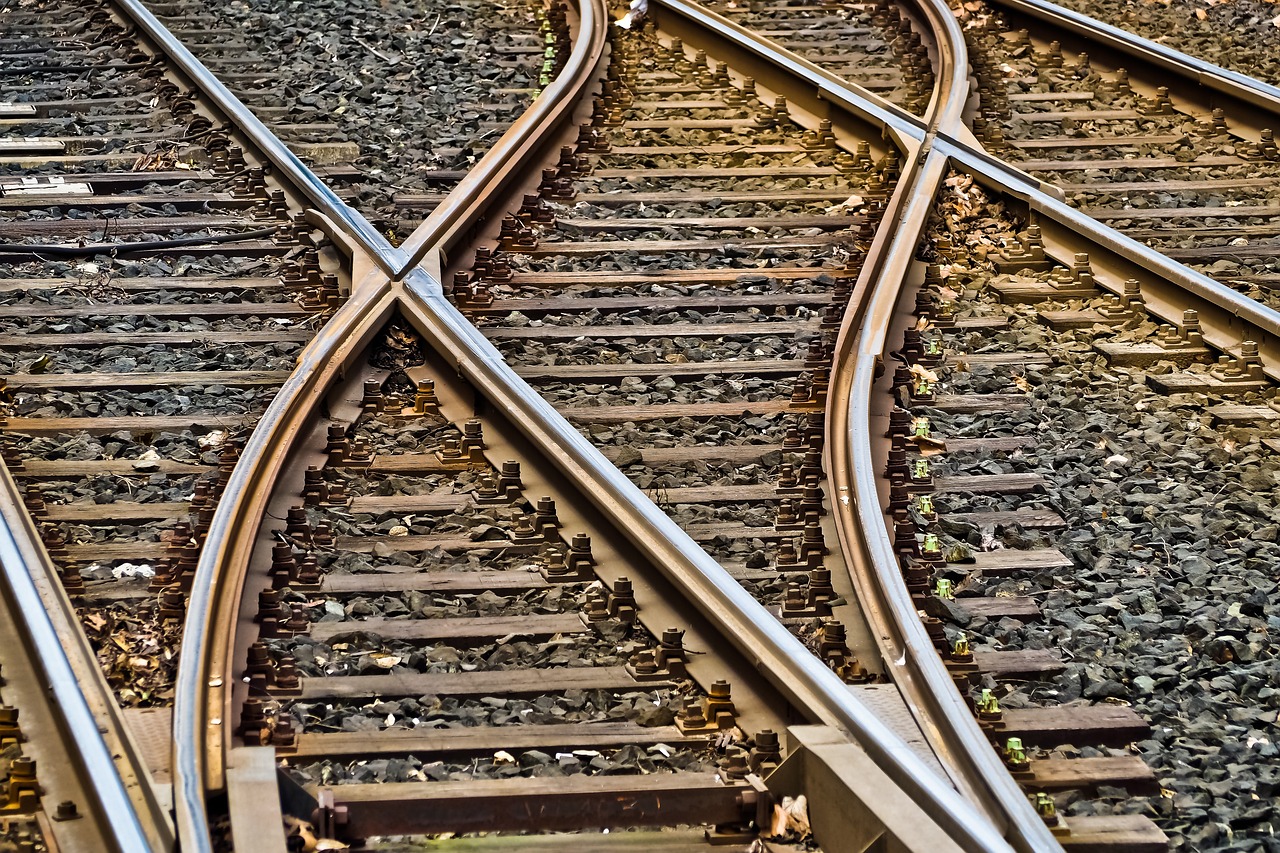This post is also available in:
 עברית (Hebrew)
עברית (Hebrew)
According to a recent report published by Allied Market Research, the global smart railway market was valued at $18.30 billion in 2019, and is projected to reach $38.47 billion by 2027, registering a CAGR of 12.8%.
Smart railway is a technologically advanced approach to efficiently manage railway operations through sharing of rail data across rail infrastructure components, such as passengers, control centers, ticketing department, and freight.
Smart railways are integration of the latest technologies, including Internet of Things (IoT), big data, cloud, analytics, artificial intelligence (AI), global positioning system (GPS), and machine learning (ML) to make rail operations more efficient and accurate. The growth of the global smart railway market growth is majorly attributed to surge in penetration of digital infrastructure and increase in requirement for automated & autonomous rail operations.
The majority of railways are operated through government authorities where procurement and installation of such smart technologies are done through contracts and agreements. Entering into contracts/agreements with rail operators for long-term business opportunities is the key strategy adopted by the participants in the global smart railway market.
The growth of the global smart railway market is majorly driven by rapid urbanization coupled with local commute requirements, rise in demand for passenger & freight capacity, increase in number of railway projects across the globe, and changes in passenger payment habits.
As reported by digitaljournal.com.


























